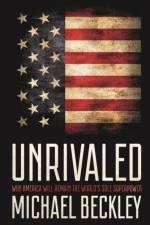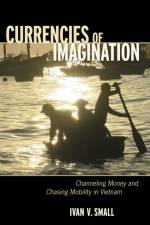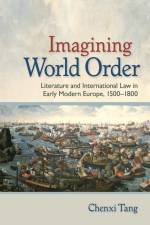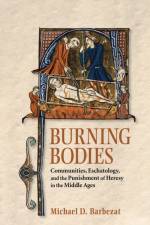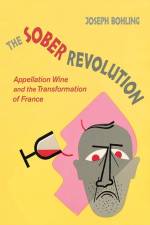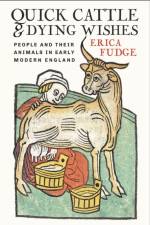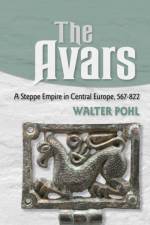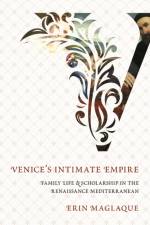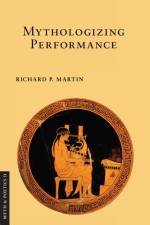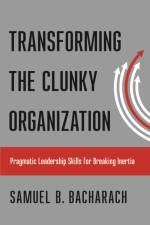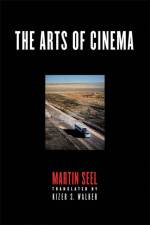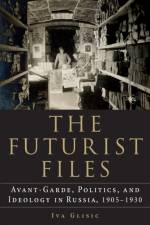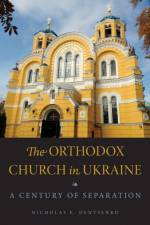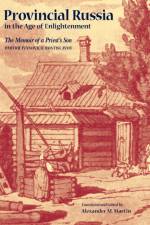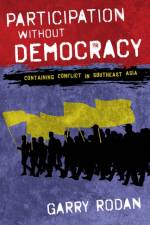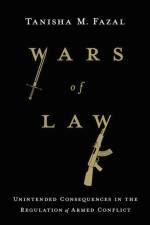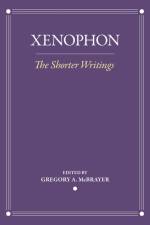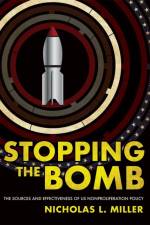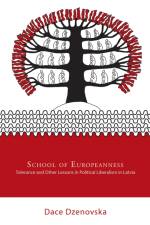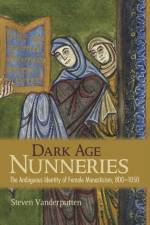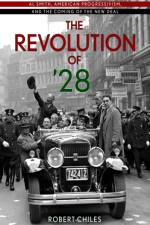- The Hudson and Modern American Environmentalism
av David Schuyler
401
In Embattled River, David Schuyler describes the efforts to reverse the pollution and bleak future of the Hudson River that became evident in the 1950s. Through his investigative narrative, Schuyler uncovers the critical role of this iconic American waterway in the emergence of modern environmentalism in the United States.Writing fifty-five years after Consolidated Edison announced plans to construct a pumped storage power plant at Storm King Mountain, Schuyler recounts how a loose coalition of activists took on corporate capitalism and defended the river. Led by Scenic Hudson, later joined by groups such as Riverkeeper, Clearwater, the Hudson River Valley Greenway, and the Hudson River Valley National Heritage Area, the coalition won the first of many legal and publicity battles that would halt pollution of the river, slowly reverse the damage of years of discharge into the river, and protect hundreds of thousands of acres of undeveloped land in the river valley.As Schuyler shows, the environmental victories on the Hudson had broad impact. In the state at the heart of the story, the immediate result was the creation in 1970 of the New York State Department of Environmental Conservation to monitor, investigate, and litigate cases of pollution. At the national level, the environmental ferment in the Hudson Valley that Schuyler so richly describes contributed directly to the creation of the Environmental Protection Agency in 1970, the passage of the Clean Water Act in 1972, and the creation of the Superfund in 1980 to fund the cleanup of toxic-dumping sites.With these legal and regulatory means, the contest between environmental advocates and corporate power has continued well into the twenty-first century. Indeed, as Embattled River shows, the past is prologue. The struggle to control the uses and maintain the ecological health of the Hudson River persists and the stories of the pioneering advocates told by Schuyler provide lessons, reminders, and inspiration for today's activists.

